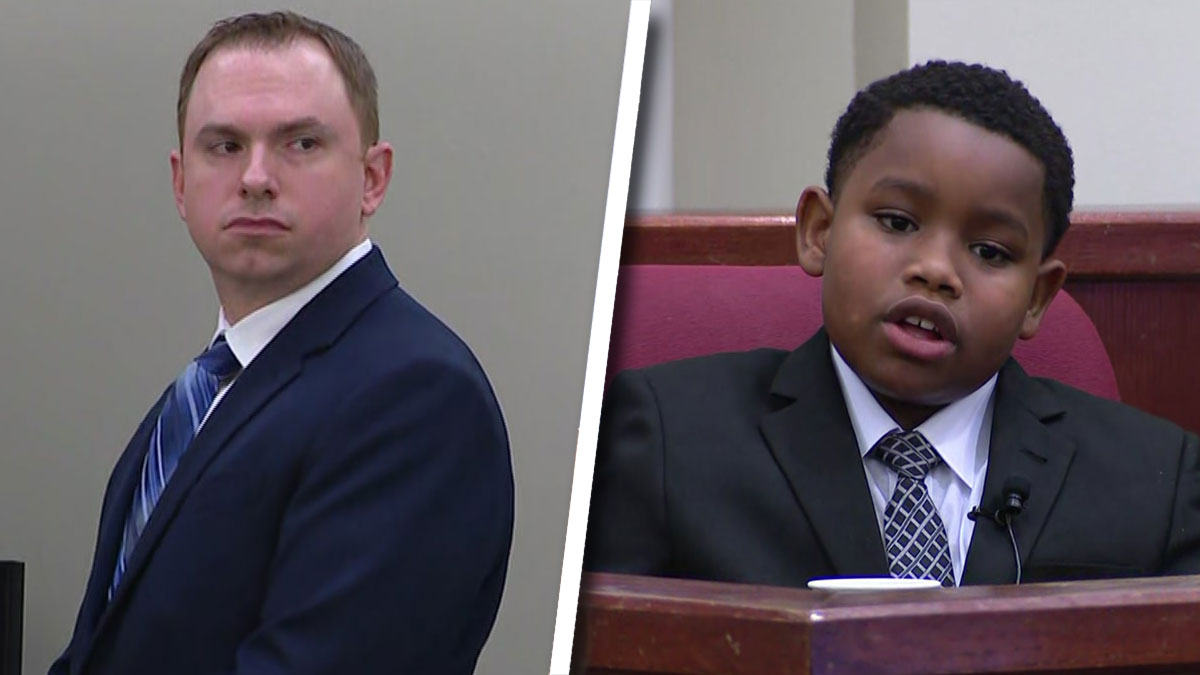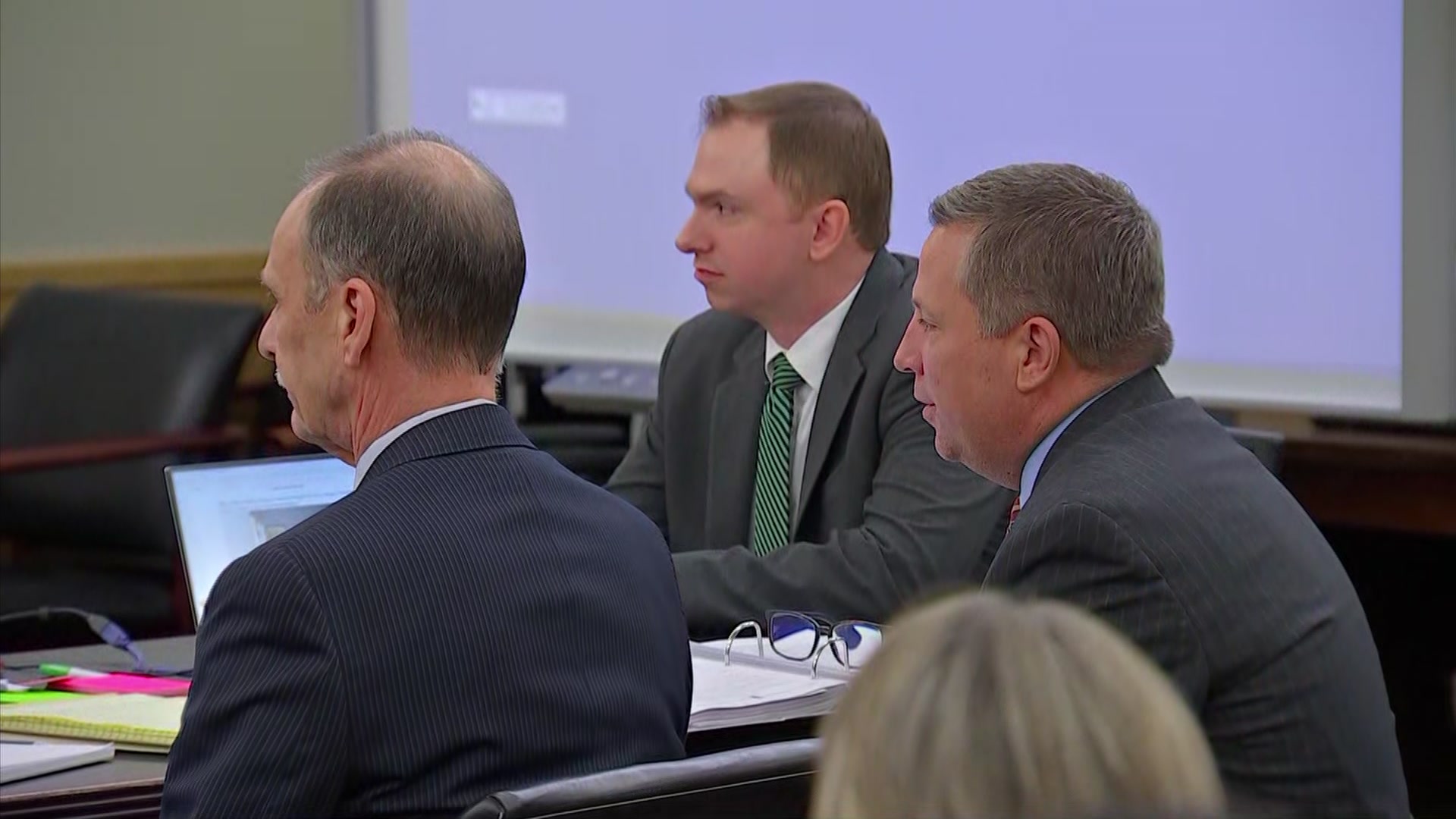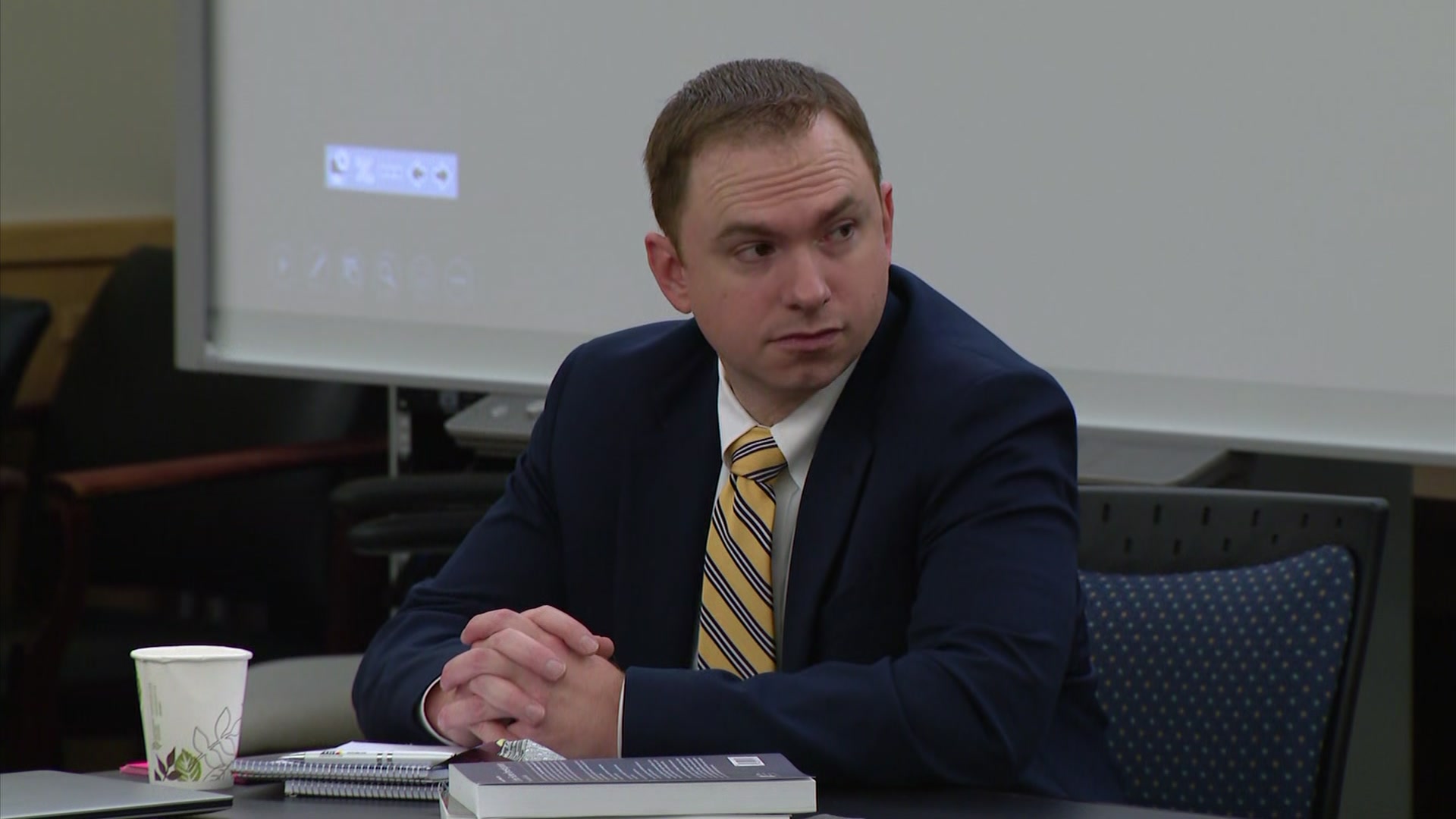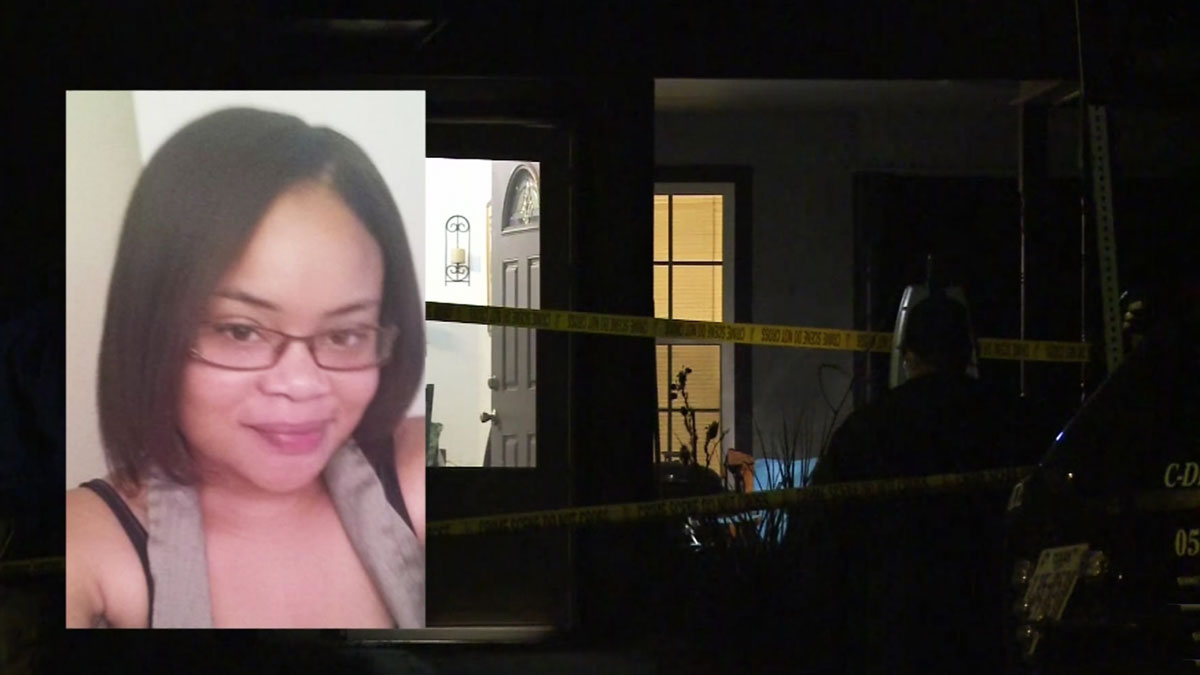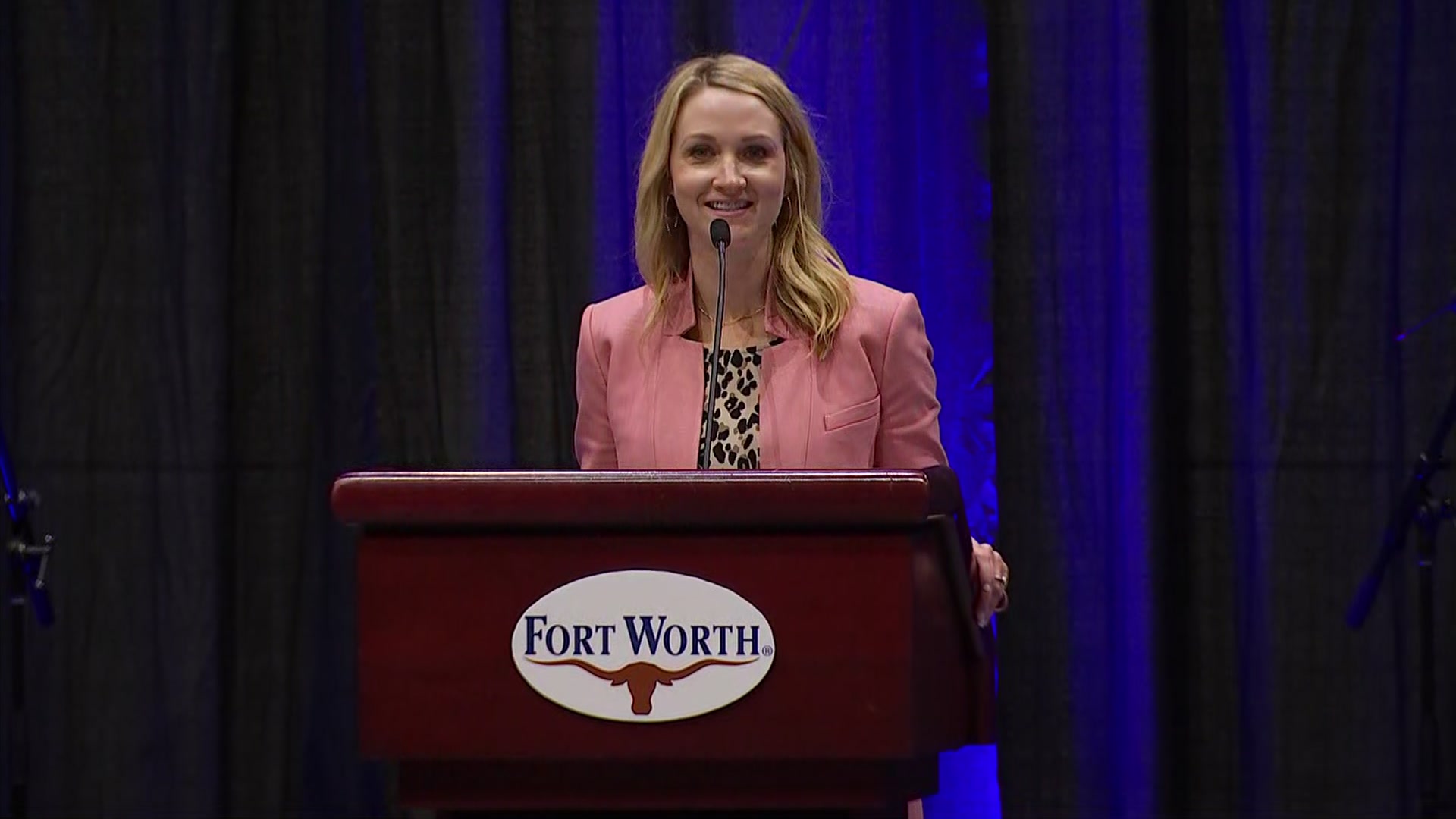What to Know
- Aaron Dean takes the stand on the trial's fourth day saying "the jury needs to hear from me and hear the truth."
- Dean admitted under cross-examination that he made mistakes and that many of his actions were "bad police work."
- Dean said he thought they found evidence of a burglary and was surprised to find 11-year-old Zion Carr inside the home after the shooting and remembered thinking "Who brings a kid to a burglary? What is going on?"
Former Fort Worth police officer Aaron Dean, on trial for the murder of Atatiana Jefferson, took the stand Monday saying "the jury needs to hear from me and hear the truth."
During his testimony, Dean admitted he made mistakes when responding to an open structure call but said he had no choice when he fatally shot the woman and said that he'd have done it again if she'd exited the house with a gun pointed at him.
Dean, now 38, said Jefferson’s home looked ransacked, and he thought it was "a burglary-in-progress." He said Monday that when he quietly entered Jefferson's fenced-off backyard to continue looking for signs of forced entry he fired his gun once after seeing someone through a window and realizing he was looking down the barrel of a gun.
Get top local stories in DFW delivered to you every morning. Sign up for NBC DFW's News Headlines newsletter.
"I was looking right down the barrel of the gun and when I saw the barrel of that gun pointed at me, I fired a single shot from my duty weapon," Dean said on the witness stand. Prosecutors contend Dean didn't see the gun and he admitted he "never actually saw her hands."
He said his view of the darkened backyard was clearer than what's shown in his body-camera footage and added that he could not make out the race or sex of the person in the window.
Dean said after he fired he was briefly blinded by a muzzle flash.
"When my vision cleared, then I observed the person that we now know is Miss Jefferson," he said, crying. "I heard her scream and then saw her fall."
In his first public statements about the case, the former police officer also admitted that many of his actions on Oct. 12, 2019, were "bad police work," such as lingering in front of the "fatal funnel" of a darkened window or the home's open front door.
On cross-examination, Dean acknowledged that he didn't identify himself as a police officer or mention the gun before shooting, and he also didn't tell another officer responding to the call, Officer Carol Darch, about the weapon before they moved into the house.
Running through events, prosecutors repeatedly asked if his actions were "more bad police work." Again and again, Dean said "yes."
Dean's testimony came more than three years after he shot Jefferson while responding to a call from a neighbor about an open front door. Jefferson had been playing video games that night with her nephew and it emerged at trial that they left the doors open to vent smoke from burned hamburgers.
Dean reacted emotionally to watching the video from his bodycam moments after the shooting. Moaning can be heard in the footage, presumably from Jefferson's final moments.
He said he did not aid Jefferson because his trauma kit was lost but that he eventually applied pressure to her wound with an afghan.
Dean said he saw the kid, who we now know as Zion Carr, and was immediately confused. "| get to that back bedroom and I see a kid and I think, 'Who brings a kid to a burglary? What is going on?'" Dean said.
Dean was grilled by prosecutors about his tactics the night of the shooting. As the bodycam video was replayed again, Dean continued to say he did what he was trained to do, stating that “police work is inherently dangerous” and that he thinks he "did a fine job."
If convicted of murder Dean faces up to life in prison for fatally shooting the woman.
This trial is ongoing and this story will be updated throughout the day.

